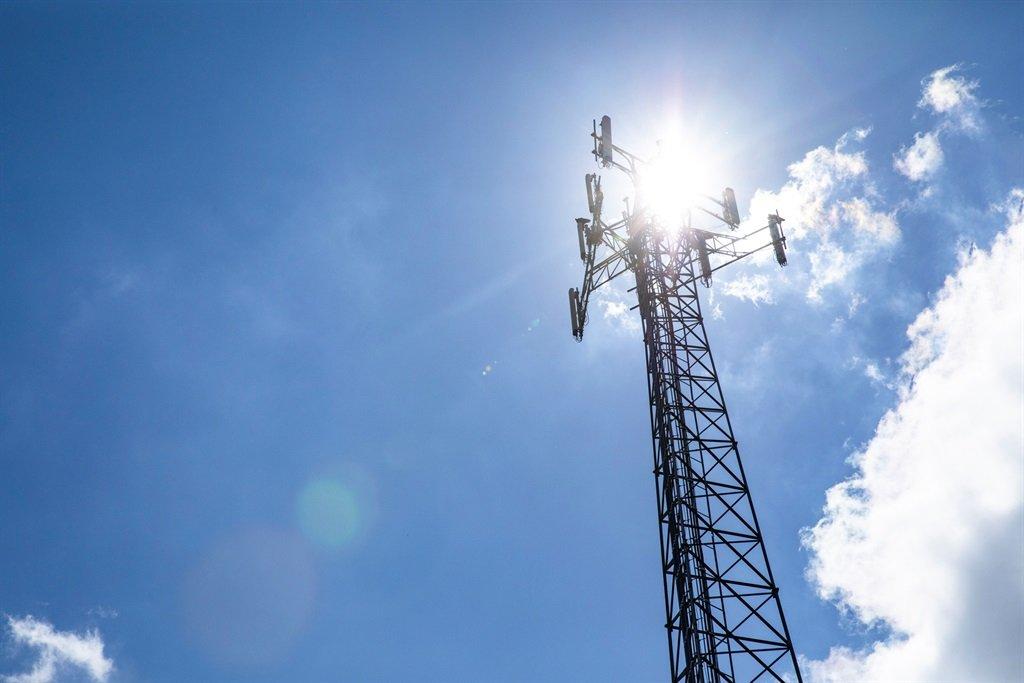Africa-Press – South-Africa. Government’s plan to switch of 3G wireless technology by 2025 is unrealistic, says Telkom, the country’s third-largest cellular network provider.
Last week, government published the country’s draft new policy on broadband spectrum, which included plans to shut down the 2G network on 30 June 2024.
The shutdown of the 3G network, the third generation of wireless technology, is slated for 30 March 2025.
The 2G network is the second generation of cellular telephone technology and was introduced in 1992. It was the first to offer data services and SMS text messaging. It was followed by 3G, which offered faster data transfer speeds and enabled video calls.
While Telkom carries less than 1% of data traffic on its 2G network, a sizeable group of its clients still use 3G, which was introduced in 1998.
“We still carry a significant amount of voice on the 3G network, and don’t believe the 2025 deadline is realistic,” Telkom said.
In rural areas of South Africa, often the only available connectivity options are 2G and 3G.
While 4G is relatively common, the rollout of 5G has not reached the entire country.
Vodacom said it is currently analysing the feasibility of the timelines proposed by the minister and intends to engage her on the policy. The operator said switching off 2G and 3G networks, would “require a multi-stakeholder approach.”
MTN has already indicated its intention of deactivating 3G in 2025/26. MTN also has a network roaming agreement with Cell C.
According to Communications and Digital Technologies Minister Khumbudzo Ntshavheni, stopping 2G and 3G will encourage the deployment of 5G and future technologies.
READ | Concourt rules that March digital migration deadline was invalid and unconstitutional
Mobile network companies in March took part in the auctioning of spectrum by the Independent Communication Authority of South Africa (Icasa) and the operators have indicated that they would use the additional capacity to expand their network. As part of the obligation set by Icasa, mobile operators are required to use the additional spectrum to cover underserviced areas.
While the government pursues the phasing out of older wireless technologies, the system of migrating the country’s analogue television signal to digital has been hit by delays. The government has missed several deadlines for the migration, with Ntshavheni taken to court by the free-to-air broadcaster, e.tv, over the March 30 deadline.
The court then extended the date to the end of June to ensure enough time for the indigent households to apply for government-sponsored devices for transmitting digital signals.
Broadcaster e.tv had argued the March deadline would it will cut off millions of poor households who do not yet have access to set-top boxes. Nationwide migration is yet to be concluded.
For More News And Analysis About South-Africa Follow Africa-Press






